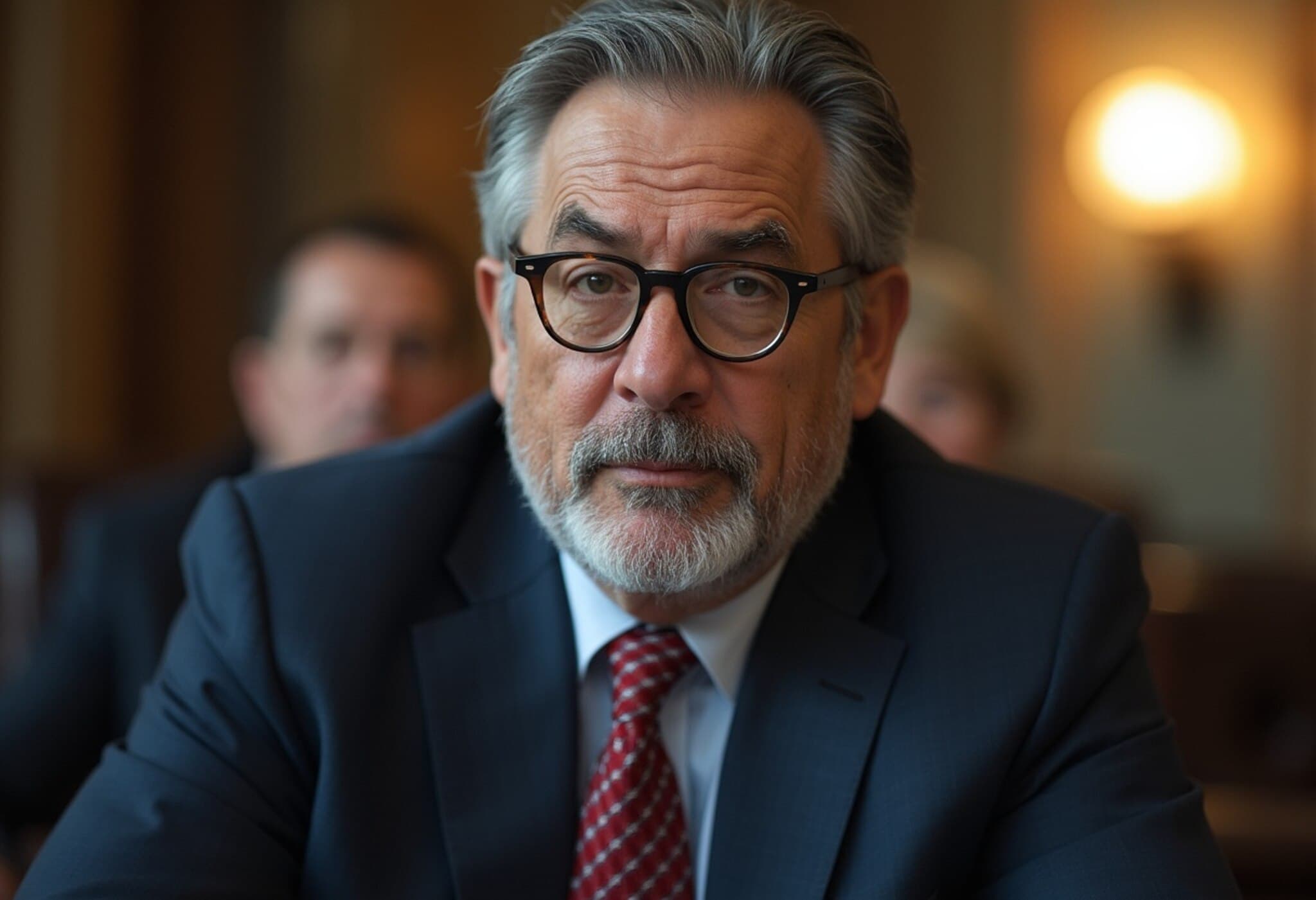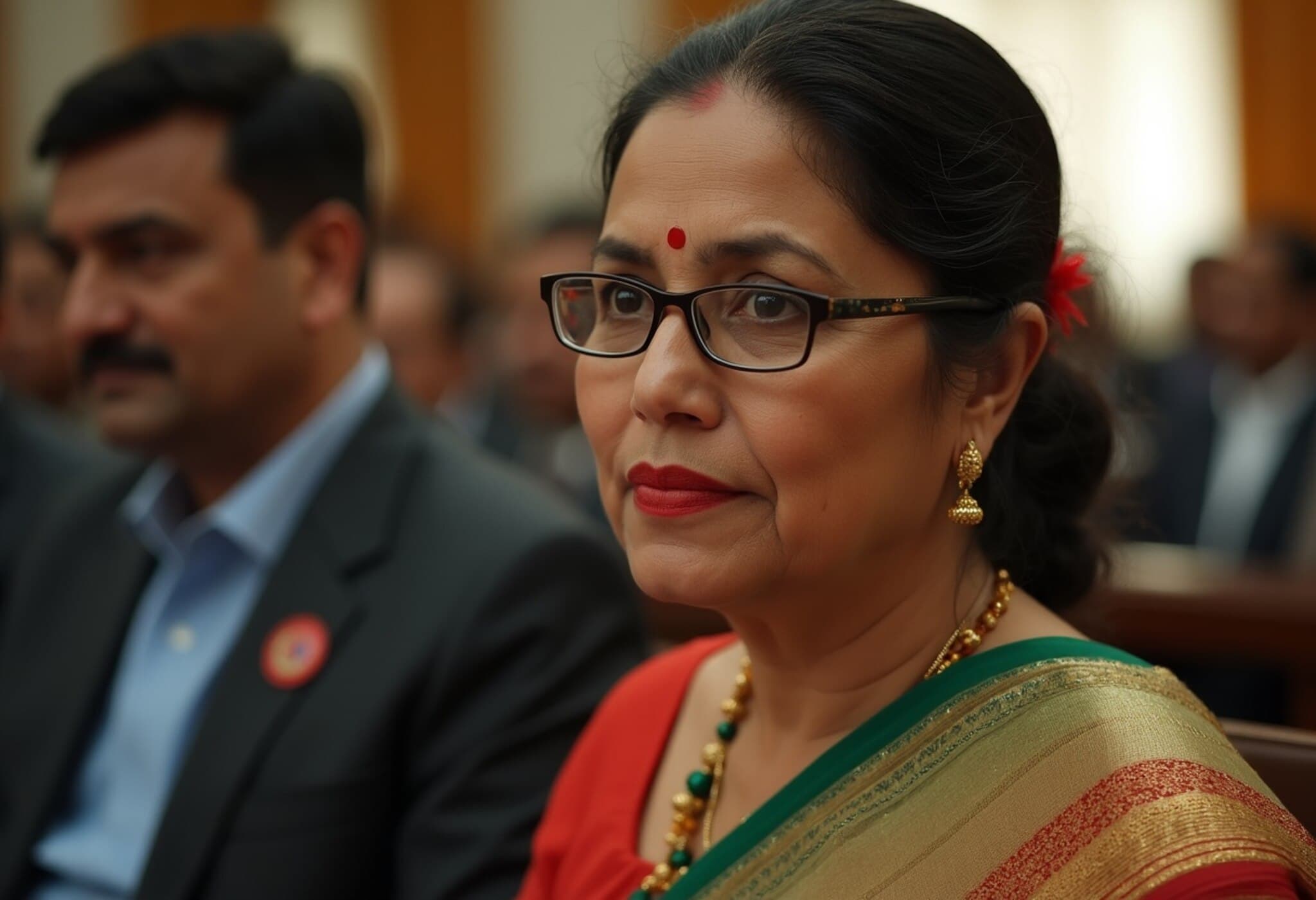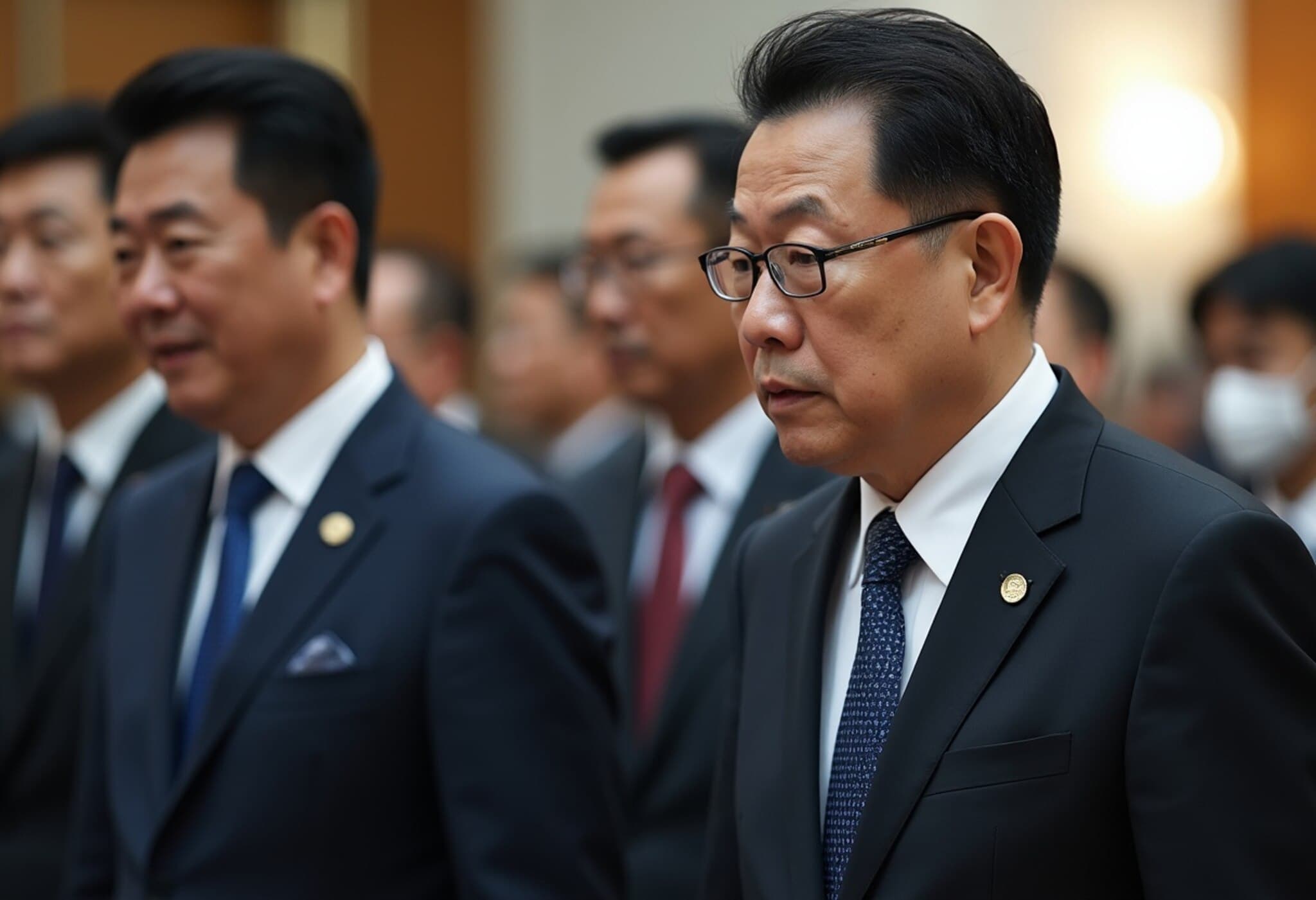Australian MP Gareth Ward Convicted for Sexual Offenses Amidst Controversy
In a landmark verdict that has reverberated across Australia's political landscape, Gareth Ward, a 44-year-old independent Member of Parliament representing Kiama in New South Wales, was found guilty on multiple counts of sexual violence. The ruling, delivered on July 25, 2025, by a jury at the Downing Centre District Court, confirms serious allegations involving two men assaulted in incidents spaced two years apart.
Details of the Charges and Court Proceedings
Ward was convicted on three counts of indecent assault related to an incident in 2013 involving an 18-year-old man, and one count of sexual intercourse without consent concerning a 24-year-old man in 2015. Prosecutors emphasized the striking similarities in the complainants’ accounts, despite the men not knowing each other, underscoring the pattern of Ward’s behavior.
“Same man, same conclusion: this is not a coincidence,” Crown prosecutor Monika Knowles told the jury, as reported by The Independent.
The court heard that in 2013, Ward allegedly invited the teenage victim, who had been drinking, to his home on the South Coast, where the assaults occurred despite the complainant’s resistance. In 2015, Ward is accused of sexually assaulting a staff member who was intoxicated following an event at the New South Wales Parliament House.
Ward’s Defense and Current Legal Status
Throughout the trial, Ward vehemently denied all allegations. He claimed the 2015 incident never happened and suggested the earlier 2013 episode was a case of mistaken memory by the complainant. His defense team maintained the charges were fabricated. Nevertheless, the jury’s decision indicates the evidence and testimonies carried convincing weight.
Following the conviction, Ward was granted bail and continues to reside at one of his two homes. The court is scheduled to reconsider his custody status at a hearing next Wednesday.
Political Fallout and Broader Implications
Ward’s political career, once marked by rapid advancement, notably after being appointed a minister post-2019 election, has been severely impacted. He parted ways with the Liberal Party in 2021 amid mounting police investigations but maintained his seat as an independent, re-elected in 2023, highlighting a complex voter base and the challenges in political accountability.
The leader of the opposition in the NSW Parliament, Mark Speakman, expressed solemn respect for the jury’s verdict. “There is no excuse for the criminal behaviour which the jury has found occurred beyond reasonable doubt—a complete abuse of power,” Speakman stated, also commending the courage of the survivors who came forward.
Reflecting on Power, Accountability, and Victims’ Voices
This case shines a stark light on the crucial issue of preventing abuse by public officials, and the often difficult path survivors must navigate seeking justice against powerful figures. Ward’s conviction underscores the necessity for robust safeguarding mechanisms within political institutions and supports ongoing societal conversations about sexual misconduct and the abuse of authority.
- Key facts: Ward convicted in two separate sexual assault cases occurring in 2013 and 2015.
- Legal status: Granted bail, court to decide detention next week.
- Political impact: Former Liberal MP running as independent, now convicted, raising questions about political accountability.
- Victims’ perspective: Highlighting the strength needed to come forward against powerful perpetrators.
What’s Next?
The upcoming detention hearing will be a critical moment, potentially setting the tone for how the judicial system treats elected officials convicted of serious crimes. Meanwhile, this verdict invites broader discussions on the responsibility of political parties and constituents to ensure the integrity and safety of public representation.
Editor’s Note
The conviction of Gareth Ward illuminates the difficult intersection of politics, power, and justice. It raises pressing questions: How can political systems better protect victims and prevent abuse? What reforms are essential to restore public trust when leaders betray it? As society continues to demand transparency and accountability, this case serves as a watershed moment, reminding us that no one is above the law, and that courage in journalism and judicial proceedings plays a pivotal role in uncovering truth and safeguarding democracy.

















